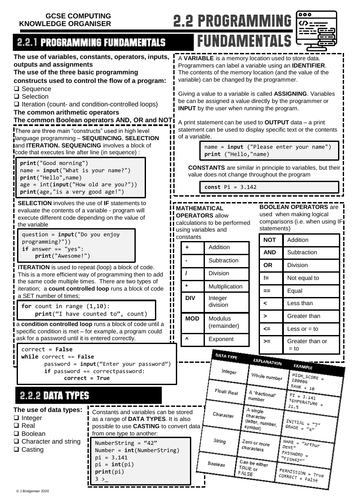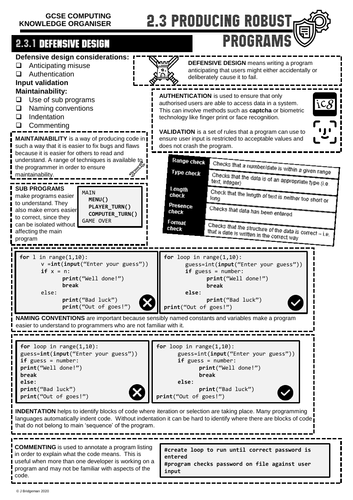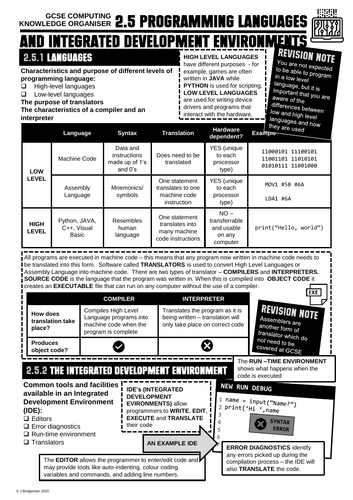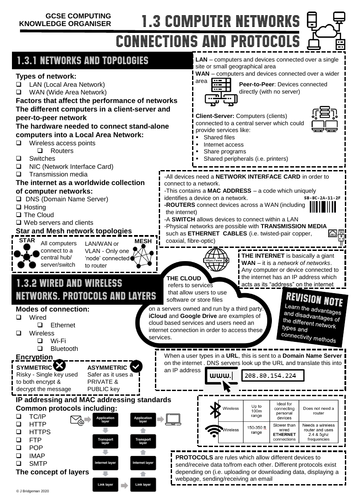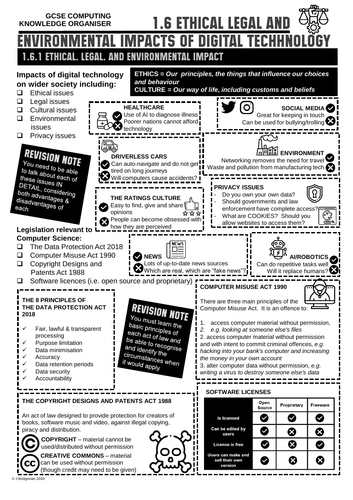Mr B Computing Stuff's Shop
I'm an experienced (20 years +) classroom teacher selling resources that are tried and tested in the classroom. I offer materials for GCSE & A Level Computing, OCR Creative iMedia Level 2 and OCR Cambridge Technicals Level 3. I would really appreciate it if you could leave a short review for any of my resources that you download so that I can keep making them better.

